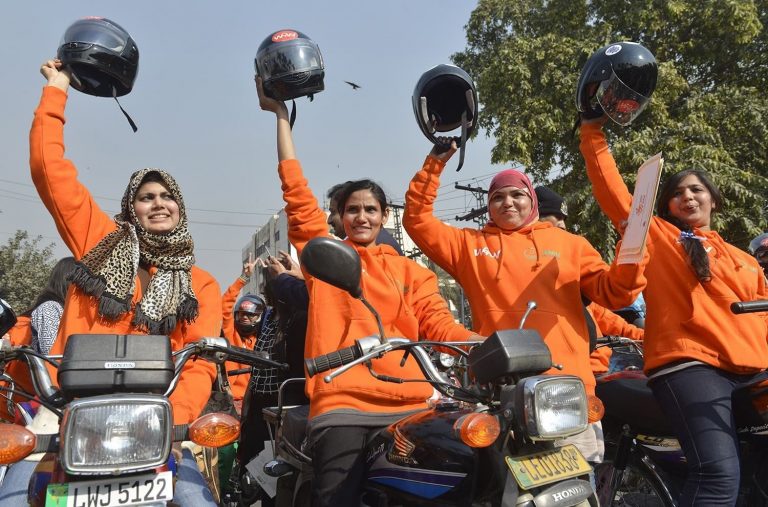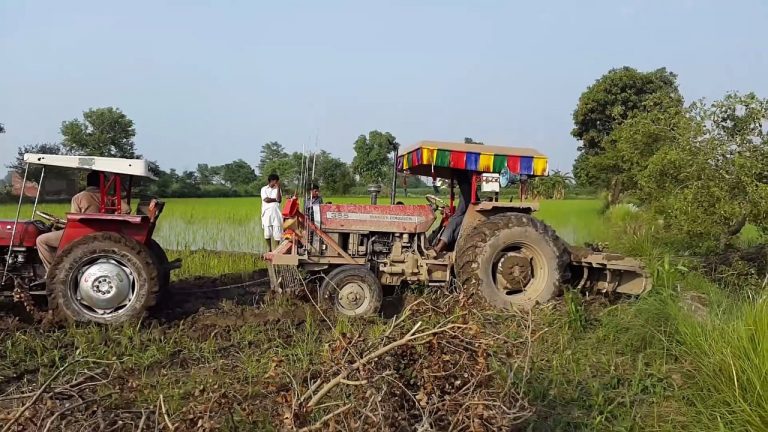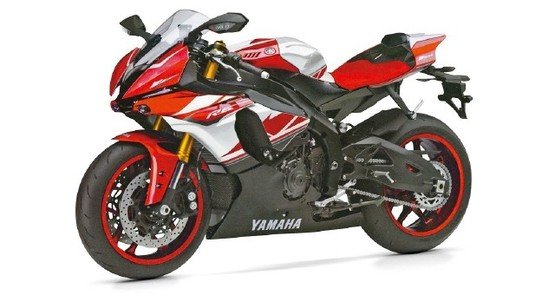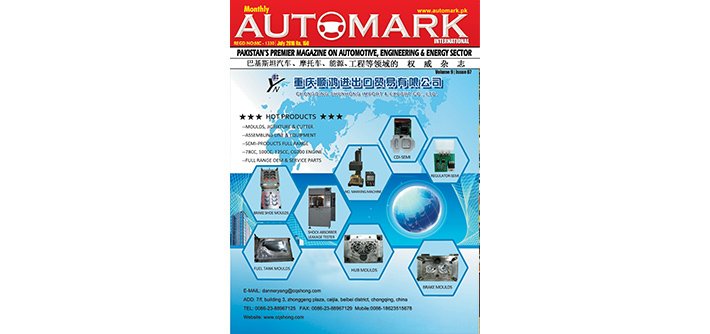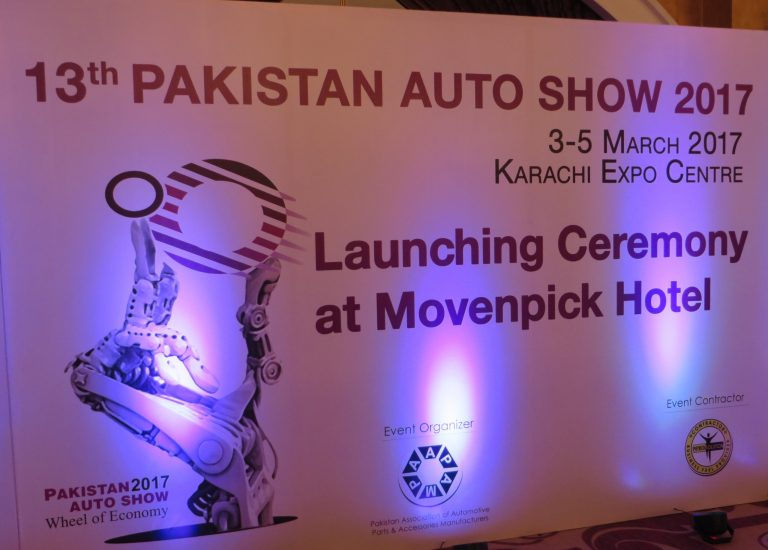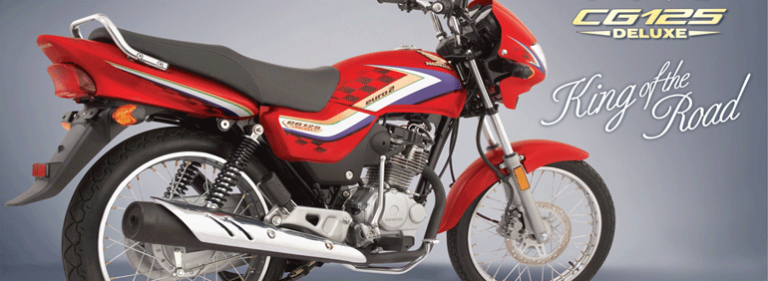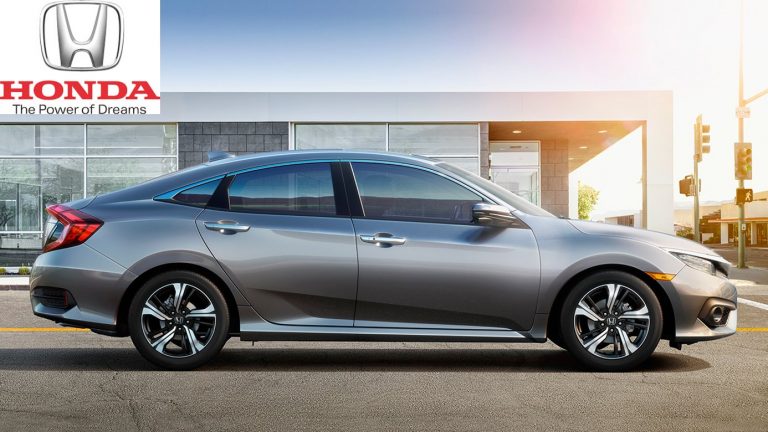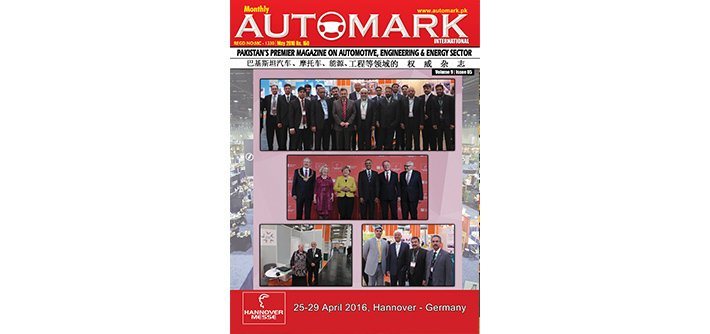The Director General Customs Valuation has issued new custom values on August 25, 2016 after three years for import of motorcycle helmets ranging between $2.60 to $9.60 per piece of Chinese and other countries origin based on the prevailing prices in world markets.
Customs values for bike helmets (half and full face and cross shaped) specified shall be assessed to duty/taxes of above customs values.
The department claims to have initiated an exercise for determining customs values for bike helmets and meetings in this regards were held with stakeholders August 16 and August 25. The stakeholders were asked to submit various documents before the meeting which included invoices of imports made during the last three months showing factual value, website emails and addresses of known foreign manufacturers of the item to ascertain current value, copies of contracts made/LCs opened during the last three months showing value of the items and copies of sales tax invoices issued during the last four months showing the difference in price (excluding duty and taxes) to substantiate that the benefit of difference in price is passed to the local buyers.
However, the Director General did not receive any documents and not even after the said scheduled meetings.
The Customs said valuation methods given in Section 25 of the Customs Act 1969 were followed. Transactions value method provided in Section 25 (I) was found inapplicable because the requisite information was not available. Identical/ similar goods value methods provided in Section 25 (5) and (6) were also not found helpful in determination of values due to wide variation in values. Consequently market enquiries as envisaged under Section 25(7) of the Customs Act 1969, were conducted and customs values of bike helmets were determined under Section (7) of the Customs Act 1969.
In cases where declared transactions values are higher than the customs values determined in this ruling, the assessing officers shall apply those values in terms of Sub Section (i) of Section 25 of the Customs Act 1969. In case of consignments imported by air, the assessing officers shall take into account the differential between air freight and sea freight while applying the customs values determined in the ruling.
The values determined in the ruling shall be the applicable customs value for assessment of subject imported goods until and unless it is rescinded or revised by the competent authority.
A revision petition may be filed against the ruling within 30 days from the date of issue of the ruling.
Market sources said that previous ruling on full face helmet of China was $2.53 per piece while valuation of half face helmet was $2.23.
They said the import duty on helmet ranges between 16-20 per cent, additional customs duty of one per cent, 17 per cent sales tax, additional three per cent sales tax and six to nine per cent income tax. Considering the valuation ruling of $2.80 of a Chinese helmet at 16pc ST, one per cent additional customs duty, three per cent additional sales tax and six per cent income tax, the cost of import for a helmet comes to Rs 440. On the contrary, full face helmet of Chinese origin sells between Rs 800 to Rs 4,000 while half face helmet sells between Rs 750 to Rs 3,500. Some branded cross shape helmet is priced Rs 5,000.
Akbar Market, hub of helmet and bikes, also has Indian helmets with warranty of three years at a price ranging between Rs 3,000-5,000. Sub standard locally produced helmets are available at Rs 500.
On some FTA approved companies/importers, the rate of customs duty is five per cent.
Chairman Association of Pakistan Motorcycle Assemblers (APMA), Mohammad Sabir Shaikh said it is surprising that the market has Indian helmet and it is not clear whether these helmets are officially allowed or finding way through illegal channels.
He said it is also unclear whether imports of helmets from China at same of European standards or average quality is arriving into Pakistan.
He said customs department does not have any study regarding category of helmets arriving from China as certified helmets are already very costly in China starting from minimum $10 to $35 per piece and sub standard helmets are priced between $4 to $13 per piece.
